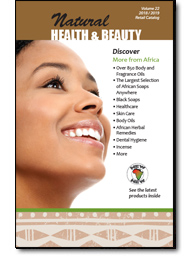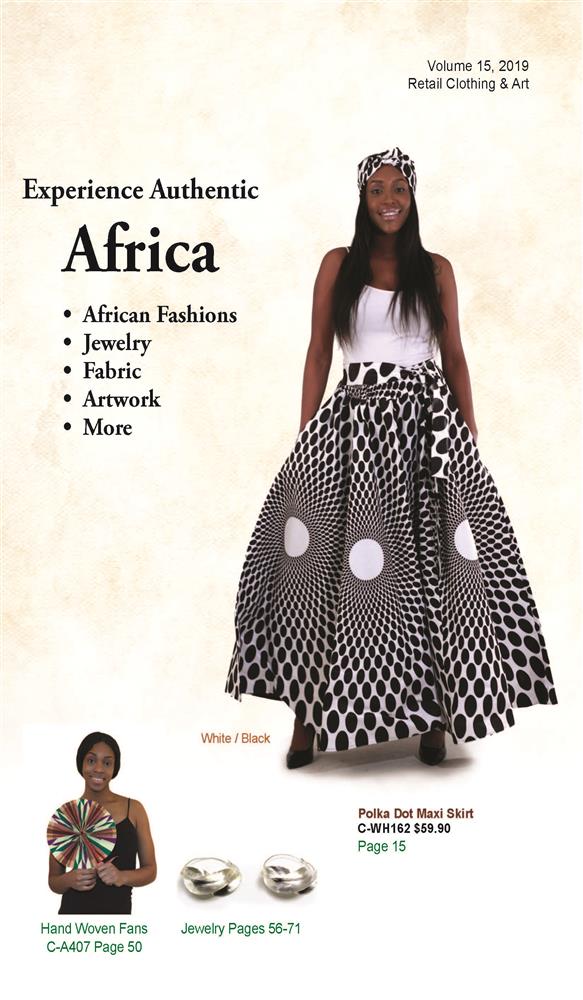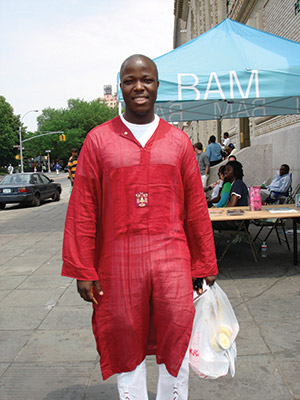
Flea markets, events, festivals and community gatherings are popular destinations for various reasons. The most important reasons are valuable to you because they may fit perfectly with the types of customers you have.
One of the largest drivers of traffic to flea markets is from people looking for bargains. Most shoppers are bargain hunters. What makes flea markets and community events different is that they are also looking for a variety of products.
As a business that sells specialty African products at great prices, this could be a great place for you to get more customers. You have products that cannot be found anywhere else. Showcase the products you have, communicate to potential customers and get their contact information when possible. By doing all of these things, you will start to see your business grow.
How to determine if a flea market, event or community gathering is right for your business?
Before you enter into an agreement, be a shopper first. Walk around during busy hours and see what types of products you see for sale.
To lay the ground work, find answers to these key questions
- Do you see anyone selling similar products? If so, take notice of their inventory and customer service.
- Does their booth or designated area look busy; what types of customers are looking vs. buying?
- Are the prices higher or lower than your products?
- What types of payments does the vendor accept?
- Are the displays eye-catching?
- Does the display make it easy for customers to browse the products?
- Do you see people that fit into your target customers? Different events attract different people. Make sure the audience is right for you.
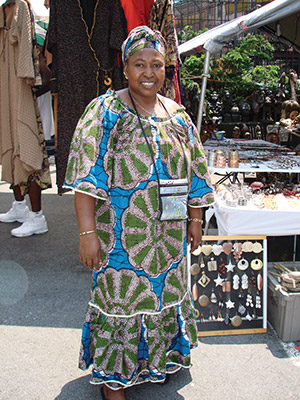
Once you have answers to these questions, and you decide that this event is right for you, now its time to start planning.
These types of events are a great way to make new relationships and build your list of prospective customers. Exposure is what your business can always use and face-to-face contact will not only give you that, but it will also help make you a better sales person.
For events happening in the future, speak to event organizers and ask key questions about the event, its history, and expected changes.
Here are some best practices once you choose where you will set up
- Have enough of your best selling products
Try selling new products based on the types of people that you know will be present at the location you are selling. - Focus on a theme
We suggest not having too many variations of products that are not complimentary to each other. If you sell clothing, also have clothing accessories. If you sell soaps, also have lotions and/or hair care products. - Have a good display
Packaging of products is sometimes more important than product itself and overwhelmingly is one of the main reasons a customer chooses to buy a certain product. The same will be true for your event sales display. - Avoid simply placing product on tables.
- Be creative with how your products are presented.
- Make sure that best selling products are displayed prominently.
- Add signage to your booth to grab attention to your products and prices.
- Always be prepared to clean up and re-arrange your display. You will immediately see what products are selling and what product are not. Make sure that your best selling products are displayed the best.
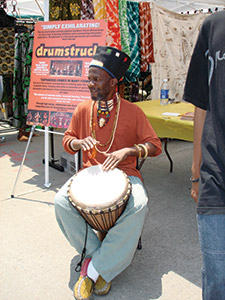
Here are 3 event sales tactics you can use to try and get the best customers
- Give the best customer service Avoid being too aggressive. Always smile. Be friendly and use your skills to give customers a personal approach.
- Do not start conversations too quickly Potential customers do not want to be sold, they want to pick something that works for them or solves a problem. Wait for them to approach you, or for them to touch something. Once one of these things happens, feel free to talk to them and see how you can help them with the products you have.
- Build your list
Attempt to acquire names, addresses, phone numbers, and the types of products people are interested in. This can allow you implement a successful follow-up program through letters, email, phone calls or social media. Most kiosk sales people fail at this proven sales tactic. Simply remember to ask for information and you will find most people are willing to give it to you.
I have always said (because it really is true) that I don't make any money when someone purchases from us the first time. The cost of advertising, and otherwise finding a new customer is normally greater than the profit that comes from the first sale. Our profit comes when someone becomes a repeat customer.
Some people specialize in doing home parties with these prospects. If you are able to tell people something about the history and significance of the things that you carry, you will increase your sales exponentially. Products that are merely interesting at first contact, can become irresistible when someone knows this sort of information. You can often give a lot more of this information to people after the show than you can during it.
If you have a retail store, your goal can be to get more people into your store later. Be sure to have hand outs printed that you can leave with visitors to your booth.
Other things to get from your event
You can accomplish many different things at events where you show your products for sale. Your main goal may be to make as many sales and as much money as possible during the time you are displaying. There are other things that can be as valuable (or even more valuable) to you than this in the long run however.
You can network with other vendors. If you act pleasant and a little bit humble, you can learn a tremendous amount from the other vendors displaying their goods. Most people seem to enjoy giving advice on things that they think they know something about. If your approach is one that says you are trying to learn something more; and you think the other person has exceptional knowledge and skill in something, they will usually be flattered enough (and human enough) to give you all sorts of valuable (and maybe not so valuable) information.
You can learn which other events could work best for you. People at these events normally share their experiences with each other. There is normally a fairly strong sense of camaraderie among vendors. More experienced vendors can let you know more about what works for them; and about which events have been the best for them. This lets you spend your time at the most valuable events in the future.
You can also find wholesale customers among other vendors. Perhaps they would want to sell some of your things at other events that you do not attend. In return, you may find other profit opportunities for yourself in the products that these people are carrying.
You can see other products that are (or at least seem to be) selling well for other vendors. This gives you the ability to steer your product line in the most profitable direction. You can get marvelous ideas for new products.
Don’t be discouraged by a few slow sales events. As you meet potential customers and gain new long term ones, you will learn the best things to do at flea markets and events that work best for you.
 USD
USD  GBP
GBP  CAD
CAD  AUD
AUD 
